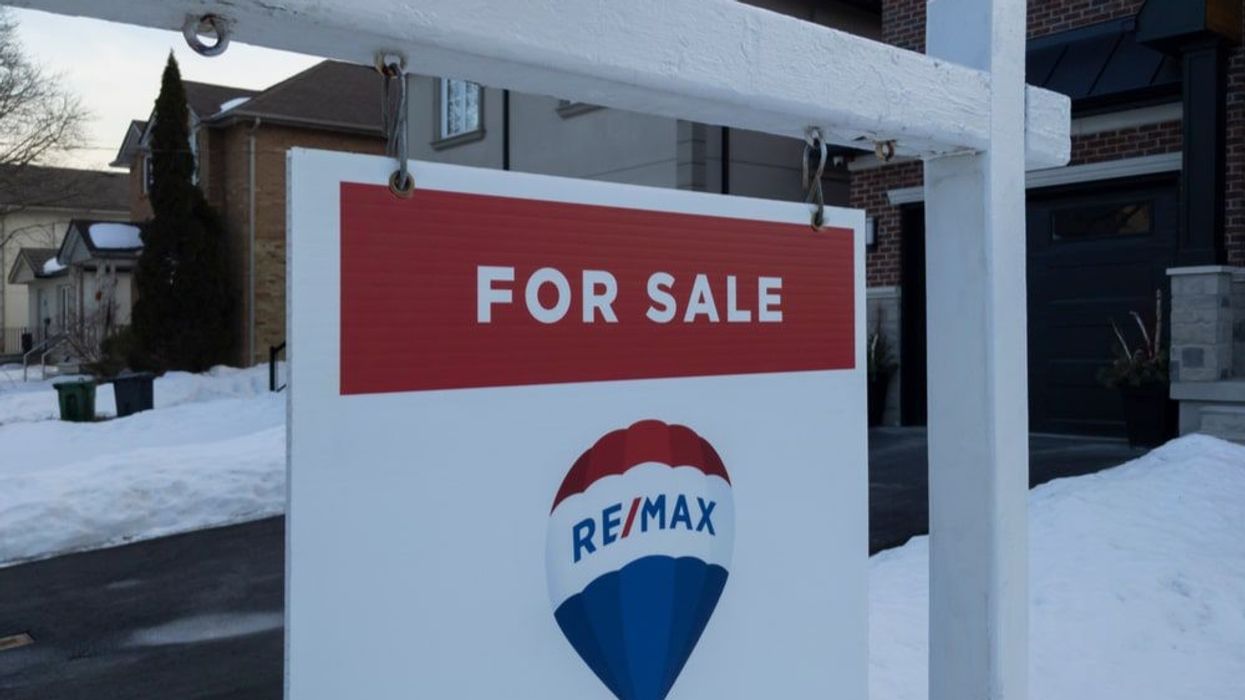As interest rates rise and monthly payments soar, an increasing number of Canadians could be at risk of defaulting on their mortgage.
While the national mortgage delinquency rate is at a historic low of 0.14%, the Bank of Canada (BoC) is poised to raise interest rates yet again on January 25. The expected 0.25-bps increase would be the eighth rate hike in 10 months, and would bring the overnight lending rate to 4.5%. Less than one year ago, it sat at 0.25%.
Variable-rate mortgage holders have seen their payments soar over the last year, with some paying upwards of $1,000 more per month than they were in early 2022. Those up for renewal on a fixed-rate mortgage in 2023 can expect to increase their monthly payments by several hundred dollars.
Although variable-rate holders with fixed payments have been, comparably, unscathed, a growing number are staring down their trigger point, meaning their monthly payments will only cover interest, not principal. In some cases, lenders will automatically increase mortgage payments.
Toronto-based mortgage broker Ron Butler tells STOREYS that the BoC's impending rate hike could tip thousands of borrowers over the edge and possibly into default. Earlier this week, Dave McKay, President and CEO of RBC, said that more than 50% of the bank's variable-rate mortgage holders will have a trigger impact.
Butler pointed to several groups he says are particularly vulnerable to default, including people who have multiple properties with variable-rate mortgages, people with large balances on home equity lines of credit, and people who are involved with private mortgages and alternative lenders.
"There is definitely going to be a rise in defaults in Canada. By the spring, we'll hear about more people who lost their houses," Butler said. "I don't think it will be a systemically dangerous level of default, but it's one piece in the puzzle that could drive Canada into a recession. It only takes a few forced sales in one area to pull property values down."
According to the Office of the Superintendent of Bankruptcy, November 2022 saw the highest number of Canadian insolvencies since the onset of the pandemic. To mitigate the risks stemming from high household debt, Canada's banking regulator has proposed a number of new mortgage lending restrictions, including loan-to-income and debt-to-income restrictions. If implemented, the measures would limit what some borrowers qualify for.
Butler said he went three years without a power of sale on his private mortgage portfolio, but has had two in the last seven months. More clients have preemptively sold their homes or chosen to refinance.
To avoid default, Butler advises borrowers to contact their lenders if they get into trouble with their payments or are approaching their trigger point. They can offer solutions to remedy the situation and help keep you in your home, he says.
"When people lose their homes, it is genuine human tragedy," Butler said. "No one wants to explain to kids why they are being forced to move."





















